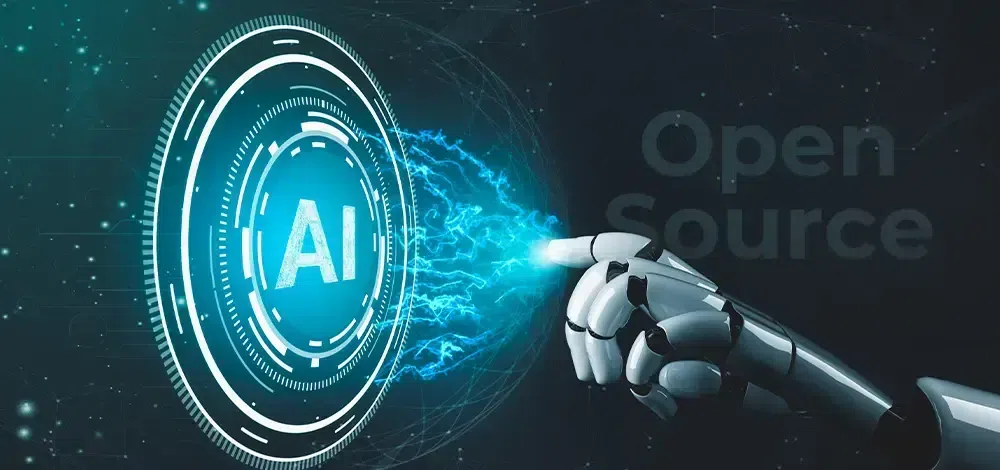Islamabad, Mar 12 2025: latest Open AI Develops AI model has demonstrated remarkable creative writing capabilities, according to CEO Sam Altman. In a recent social media post, Altman highlighted the model’s proficiency in crafting literary fiction, sharing a short story it generated on the theme of AI and grief.
The AI model was given the prompt, “Please write a metafictional literary short story about AI and grief,” and its response reportedly captured the nuances of metafictional storytelling with surprising accuracy.
Altman expressed his astonishment at the depth and quality of the AI-generated piece, marking the first time an AI’s literary output has genuinely impressed him. While details regarding public availability remain unclear.
READ MORE:
Microsoft to End Support for Remote Desktop App in Two Months
The revelation hints at significant advancements in AI-driven creative writing. This breakthrough could have profound implications for professional fiction writers and the literary industry.
Historically, Open AI Develops AI model has to prioritized AI applications in structured domains such as mathematics and coding, rather than focusing on creative writing.
However, the company’s growing interest in fiction suggests a shift in its development priorities. The ability of AI to produce engaging, human-like storytelling could redefine the boundaries of automated content creation.
Notably, AI has traditionally struggled with generating high-quality, coherent essays and creative works. This new achievement signals a potential leap forward in AI’s capacity to understand narrative structure, literary devices, and emotional depth.
Despite these advancements, generative AI tools, including ChatGPT, still face challenges in properly attributing news content.
A study conducted by The Tow Center for Digital Journalism highlighted that this issue is not exclusive to ChatGPT but is prevalent among AI-generated content platforms.
As AI continues to evolve, its growing role in creative writing raises intriguing questions about its future impact on literature, journalism, and storytelling as a whole.
